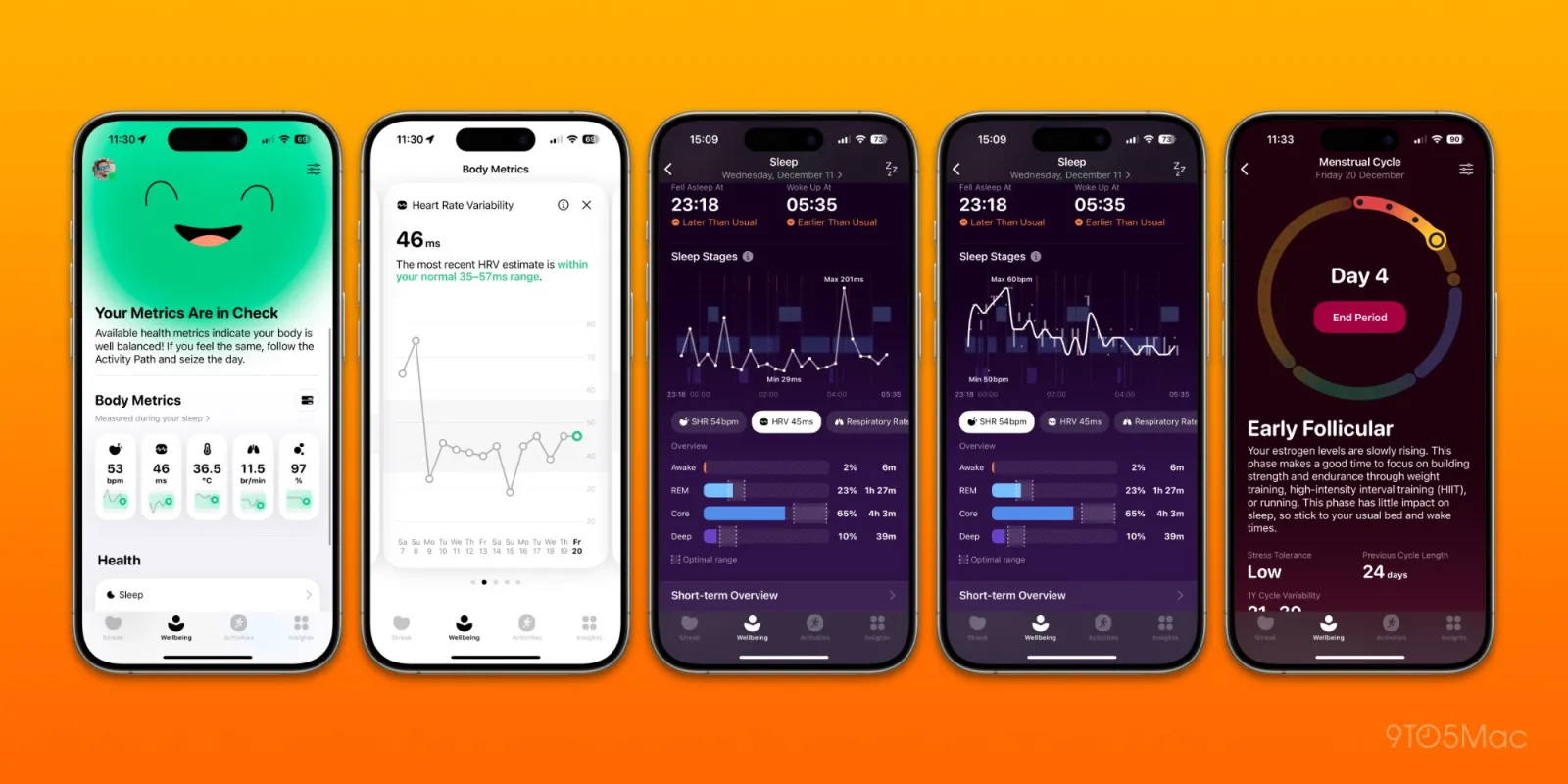The pragmatist’s guide to esports in 2024
After a difficult period in 2023, the esports industry bounced back in 2024.
Over the past year, esports league operators such as Blast and ESL/FACEIT Group developed closer ties with publishers, allowing them to scale up their business and become profitable; publishers stepped up their revenue share programs, helping some teams achieve stability; and, perhaps most importantly, brands and marketers upped their spending in the space, encouraged by the rise of international events such as the Esports World Cup.
If 2023 was esports winter — a time of austerity caused by brands pulling back on their marketing spend in the space — then 2024 marked the beginning of esports spring, or at least somewhat of a thaw. As advertisers once again opened their wallets for esports inventory, the entire industry breathed a collective sigh of relief. However, esports is not yet a standard category in advertising spend forecasts, and it’s unclear exactly what proportion of brands’ gaming marketing dollars went towards the competitive side of the space over the past year. For now, tales of the recovery of esports in 2024 remain largely anecdotal.
Continue reading this article on digiday.com. Sign up for Digiday newsletters to get the latest on media, marketing and the future of TV.









